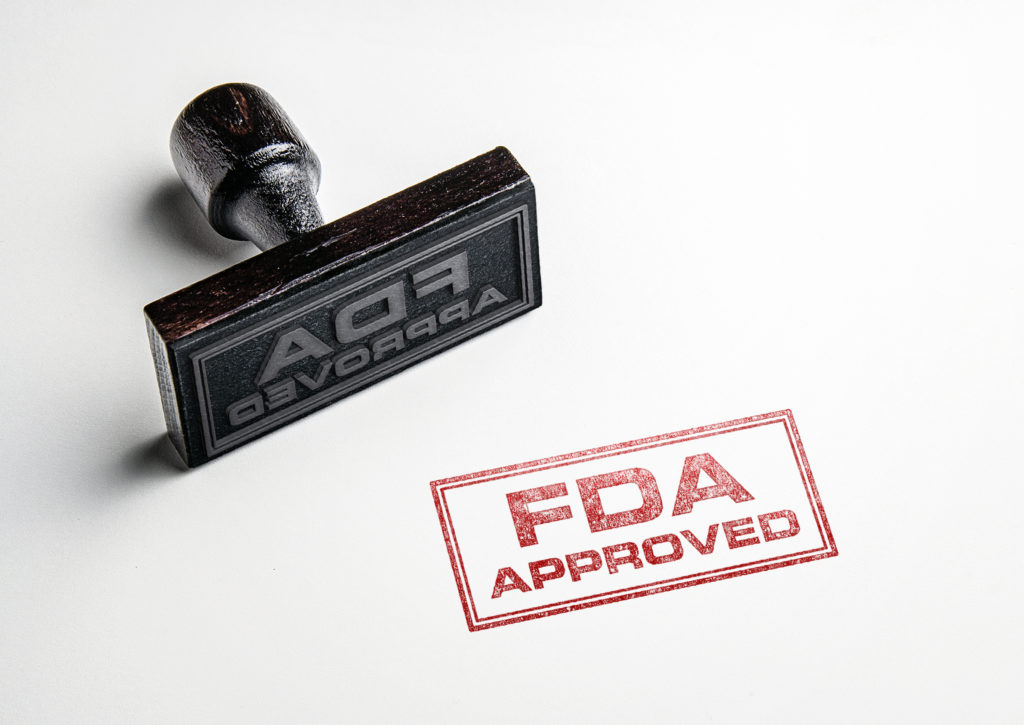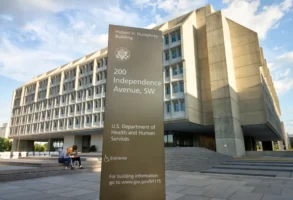
Published June 11, 2021
In November, the FDA’s official advisory panel voted 10-0 against endorsing the new monoclonal antibody treatment for Alzheimer’s disease. Some of those panel naysayers were actually investigators who ran clinical trials for aducanumab. Nevertheless, it was championed by patient advocacy groups — including some generously funded by the pharmaceutical companies that manufacture it.
The highly controversial drug, aducanumab, will cost approximately $56,000 per year and would bring in billions for Biogen while failing to help Alzheimer’s patients. Many scientists say the data on the drug’s efficacy is contradictory and inconclusive. As per the medical literature, this drug does not fight the well-known root causes of Alzheimer’s Disease which has more fundamental, upstream pathology initiating amyloid plaque formation.
The Biden administration has pressed to make Alzheimer’s research a Presidential priority in the budget, and now they and HHS Secretary Xavier Becerra are taking a victory lap after this approval, but they will soon find their celebration is premature because their optimism for aducanumab is a mirage.
The approval was based on two identical, prematurely halted phase 3 trials, both of which failed at their primary endpoint. Biogen moth-balled the drug when an independent data monitoring committee said the drug wasn’t showing any benefit. But at some point after that, the FDA initiated communication with Biogen to resurrect and re-analyze the statistics in what was referred to as a “working group collaboration.” Those two failed phase 3 trials were disassembled and re-analyzed to the point that just one of them eventually met the statistical parameters…barely. (Of particular note, the FDA requires at least two positive studies in order to consider approval.) With the FDA’s back-channel communications, hand-holding and encouragement, Biogen submitted a revised FDA regulatory filing in early 2020. The FDA justified this unprecedented assistance to a company they independently regulate by saying they wanted to reach “a maximum understanding of the existing data.”
Despite that, Patrizia Cavazzoni, a psychiatrist who has just been appointed as the brand-new permanent director of CDER under Biden less than three months ago, was decisively self-confident of her approval decision, affirming: “We determined this drug favorably modifies a key pathological process, reducing the amount of amyloid plaque in the brain of patients” along with “We believe the data supported accelerated approval.”
Of note, Cavazzoni spent the nearly two prior decades all over the pharmaceutical industry including Pfizer, Sanofi and Eli Lilly according to her Linkedin, before rising through the ranks at the FDA extraordinarily quickly, such that after three years, she now controls the vast majority of the FDA.
Cavazzoni also said of her decision “At the end of the day, we followed our usual course of action when making regulatory decisions.”
That is an empirically false statement. Having the FDA call up a company that they regulate, to have them resurrect a discontinued failed drug trial, is anything but the “usual course of action.”
I’m not sure what data she reviewed, but American patients and physicians can only hope that somehow Patrizia Cavazzoni knows better than everyone else because most everyone, including even the FDA’s own advisors plus statisticians, watchdog groups and experts across the country saw the exact opposite.
“The FDA’s decision to approve aducanumab shows a stunning disregard for science and eviscerates the agency’s standards for approving new drugs,” said Michael Carome, of the watchdog group Public Citizen “Because of this reckless action, the agency’s credibility has been irreparably damaged.”
I share his sentiment along with many others who have been quoted describing this approval as “horrifying” “dangerous” “confusing” and “a disaster.”
The fact is: this eye-rolling approval is more than just a one-off. The FDA has made other questionable decisions in the recent past, such that I barely recognize the Agency where I once used to review new drugs for approval myself. Here are other examples:
Flibanserin (Addyi)
In 2015, the FDA gave the green light to flibanserin (Addyi), a drug to treat low sexual desire in women. Low sexual desire is not debilitating, fatal or what could be described as a “public health” concern. What’s more: flibanserin has significant safety issues. On top of that, flibanserin doesn’t work for the vast majority of women, positively affecting only between 8 and 13 percent of those who take it. The FDA ignored these data and approved it, despite an outcry from experts, including several women’s health groups.
Exondys 51, Vyondys 53 and Viltepso
In 2016, the FDA fully approved Sarepta’s drug for Duchenne’s muscular dystrophy “based on initial data” through the FDA’s highly-sought-after accelerated approval program. The approval was based on a company study of just 12 patients. An outside panel of FDA-appointed experts voted 7-3 against approval stating that the 1% increase in dystrophin was not clinically or scientifically meaningful and did not show effectiveness in treating the disease. Scientists —and even Wall Street analysts— called the approval decision surprising and perplexing. In approving Sarepta’s drug, it appeared that the FDA just bowed to public pressure from politicians and other non-scientists who demanded that something be made available.
Regarding the aducanumab approval, Cavazzoni stated that the drug’s developer, Biogen, “…is required to conduct follow-up tests and prove that the drug actually works to slow the progression of Alzheimer’s.”
“We expect this study to be conducted in a timely manner,”Cavazzoni said. “If the clinical benefit is not confirmed or if the study is not conducted in a timely manner we may, following an administrative process, withdraw this therapy’s approval.”
However, vague timelines and proclamations such as these are hollow and have had zero accountability or enforcement in the past. Case in point: Today – almost five years after the first nod for Exondys 51, Sarepta still hasn’t produced confirmatory data for its approval, yet the FDA simply yawns it off, along with Sarepta’s preposterous price tag of $892,000 per year.
As the director of CDER, Cavazzoni ought to realize there is no scenario in which the FDA’s requested trials will be conducted in a “timely manner,” as nobody will want to enroll in a new clinical trial and potentially receive a placebo, when they can simply take aducanumab.
The approval of Exondys 51 also set the precedent for the spin-off of FDA approvals for similar efficaciously worthless drugs including: viltolarsen (Viltepso) which costs just over $733,000 per year and golodirsen (Vyondys 53) which costs about $748,000 per year.
That also means very soon we can all expect similarly expensive questionable “me too” mechanism/efficacy homologues to Biogen’s drug. Johns Hopkins Professor and Program Director Caleb Alexander said it all when he remarked “Once the product is approved, the cat’s out of the bag, the horse is out of the barn.” Verily, we are off to the Medicare bankruptcy races.
Since the FDA operates without external oversight, it’s not possible to hold the agency accountable for this or other bad approval decisions that ultimately place taxpayers on the hook for hundreds of billions of dollars via Medicare Part B program.
On a side note, I find it more than a little strange that this flexibility in data interpretation for aducanumab couldn’t be applied to hydroxychloroquine during a pandemic, which very recently showed initial findings of potentially improving survival by nearly 200% in hospitalized COVID patients on ventilators.
Without outside, independent FDA accountability, this type of inscrutable pseudoscientific approval and decision making will continue to occur at the FDA and only get worse.
David Gortler is a Fellow at the Ethics and Public Policy Center











